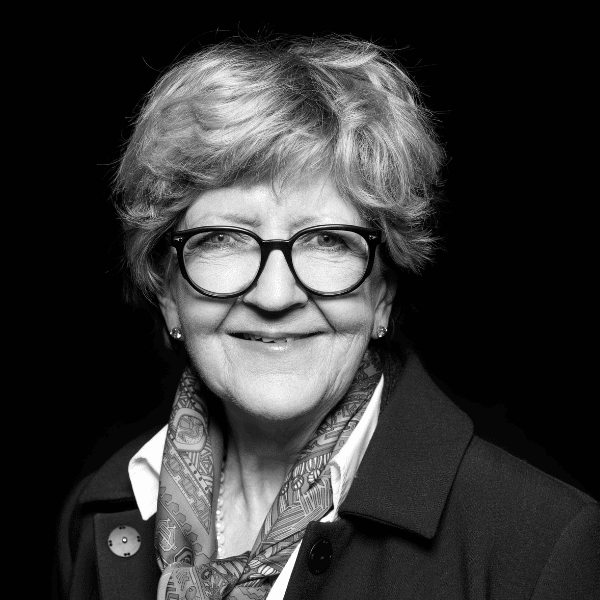
Sheenagh Gordon-Hart, Independent Director at The Director’s Office
This quarter, Sheenagh Gordon-Hart provides the latest on doing business in the established fund domicile of Luxembourg with a look at the new ILA paper on independence on boards.
Hello again from Luxembourg. Summer is well and truly over and with a full-complement return to office taking effect in July, life seems like it’s getting back to something approaching normal.
But it’s definitely a ‘new’ normal, because although the special arrangements available for cross-border workers officially ended on 1 July, the new rules on teleworking introduced by common agreement of the social partners in October 2020 and formalized by a Grand Ducal Regulation in January 2021, are set to continue.
Rules of the New Normal
For companies in the financial sector special rules will apply – of necessity – with the regulator, the CSSF setting out requirements that need to be met in terms of office presence rules for decision makers and control functions. Of course, these rules are made yet more complex by the rules applicable to cross-border workers, a not insubstantial part of the Luxembourg workforce, which limit the proportion of working time that can be undertaken outside Luxembourg and hence makes managing, for example business travel commitments alongside teleworking, more difficult. What we must all be hoping for is that winter will not deliver a feared resurgence in severe infection and potentially herald a re-introduction of the more draconian of lockdown measures.
Return to face-to-face
Although Luxembourg companies can continue to hold their meetings remotely and boards can continue to act by way of written resolution until 31 December 2022, most boards that I have come across have begun to meet in person again, some more reluctantly than others, but nonetheless most board members agree the face-to-face interaction that we were accustomed to in those long ago days pre-Covid definitely lends itself to better decision-making; communication is not only easier but is more ‘assured’.
The importance of independence
One piece of news that I’m sure will be of interest to readers in the UK is the publication in August by the ILA (Institut Luxembourgeois des Administrateurs) of ‘Non-Executive Directors in Luxembourg’ with ‘a focus on NEDs iNEDS and the concept of independence’. The paper is designed to make a contribution to the developing professionalisation of the NED, and in particular iNEDs. It draws upon the growing body of academic research on external directors and the importance of their role, although it acknowledges that research results on the impact of external directors is mixed and inconclusive. This may reflect shortcomings in models of governance and certainly should encourage boards to be aware of the need to clearly define their role and roles of individual board members.
Governance matters and external directors should be aware of their responsibilities to stakeholders, part of which should be to promote and foster effective governance practices. Additionally, it is becoming much more common for external directors to be independent and to be seen as such and able
to demonstrate that characteristic by objective measure as well as more subjective performance metrics.
For all of us serving as independent directors in the financial sector, high standards of governance must be fostered and evidenced. Regulators are increasingly interested in how decisions are reached and that board members play their part in ensuring proper discussion and evaluation is undertaken. With the quality of governance a key issue for independent directors, it is worthwhile considering what the ingredients are for achieving the highest standards and how those contribute to a successful board.
Delving into diversity
Much focus has recently been placed on diversity, rightly posited as an antidote to ‘group think’; the presence of independent directors on a board certainly is a first step in delivering diversity but the panel of talent on a board needs to deliver the right balance of expertise, knowledge and enquiring minds. Diversity for its own sake isn’t helpful if it has no contribution to better board performance. The Walker Review produced in the wake of the financial crisis, citing governance failures at the root of the crisis, identified the need to embed a ‘culture of challenge’ into boardroom behaviour, and that if this meant that boards operate in a less collegial way than in the past, it would be a small price to pay.
I would argue that a board can and should still operate in a collegial way, and that is fostered when challenge is embraced by everyone and is viewed as contributing to better decision-making. I am sure many fellow independent directors will have found themselves in situations where the executives present assume the board will nod through a decision without much discussion. Depending on the particular circumstances independent directors may have to dig deep to challenge such an assumption if it is warranted.
Having more than one independent director present can be very helpful in ensuring the voice of independence isn’t lost in executive noise. I was in such a situation recently when a particular service provider was exiting the market and the executive had found and proposed the appointment of an alternative provider – only one was tabled. It was clear that discussion wasn’t anticipated and after some soul searching the board agreed that a more robust invitation to tender would be appropriate, so that the decision really did rest with the board after due consideration of alternative providers. The challenge was accepted without rancour albeit there was a sense of discomfort; the outcome will be – whatever the decision made – that the board has embraced a high standard of governance in the appointment of a key service provider and the executive reminded of their need to avoid complacency vis-à-vis the board.
This experience also demonstrates that good governance is a journey of sorts: hard and fast, prescriptive rules of board conduct do not necessarily lead to good decision-making. However, as the ILA paper points out, independence has to have meaning and boards should collectively and regularly reassess the independence of any directors they have categorised as such. With the UCITS review rumoured to be introducing rules on the presence of independent directors on fund boards this may also result in greater definition of the features of independence, at least in an objective sense.
Long gone are the days of retirement sinecure in post-work board positions; now being a NED, and in particular an iNED, is a real profession with great challenges and opportunities for NEDs to demonstrate their value and have an impact. Vive la difference!



